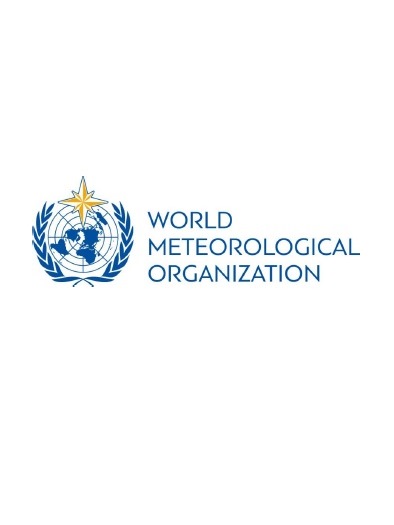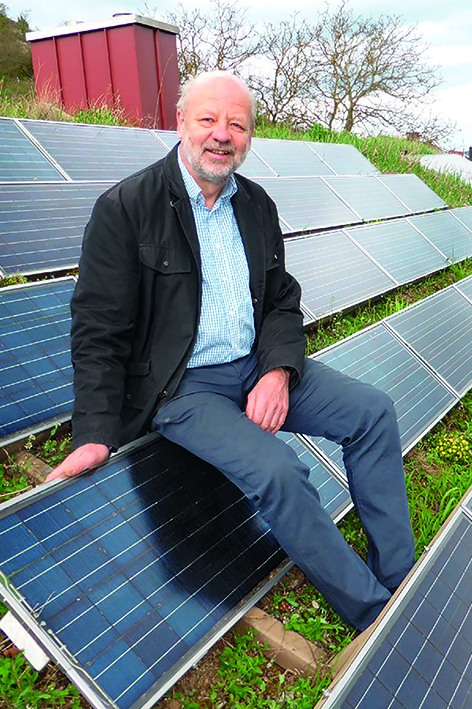World Meteorological Organization
Prize Category: Welfare Betterment Prize
Specific Area of Focus: Reduction of the Impacts of Natural Disasters
The World Meteorological Organization (WMO) is awarded the LUI Che Woo Prize 2018 in the Welfare Betterment category, with the Specific Area of Focus of “Reduction of the Impacts of Natural Disasters”.
Founded in 1950 as a specialised agency under the United Nations, WMO sets standards and policies worldwide in weather and climate matters, leads and coordinates international efforts for monitoring, forecasting, and reducing disaster risks. Over the past five decades, the global loss of life due to extreme hydro-meteorological events has decreased by a factor of 10. To a significant extent, this can be attributed to the excellence and persistence of WMO’s efforts, which oversees all its 191 member states and territories to implement the adopted policies, resulting in better monitoring, forecasting, and publicising of meteorological hazards on a global scale.
WMO’s achievements have been outstanding in all aspects of disaster relief: Observation and Monitoring, Forecasting and Warning, and finally Disaster Risk Reduction (DRR) and the Last Mile. In Observation and Monitoring, WMO supports the operation and development of National Meteorological and Hydrological Services (NMHSs) all over the world. This network of NMHSs ensures that sufficiently high quality global weather and climate data are gathered in a timely fashion, thus enabling reliable scientific forecasts of the likely impacts of unfavourable weather and climate systems. In Forecasting and Warning, WMO has led the way in efforts to enhance the capacities of its members to anticipate hazards, and also to convey forecast and warning information to end-users and stakeholders effectively for timely responses. In DRR and the Last Mile, WMO, through its DRR programmes, has strengthened its capacities to support DRR decision-making and planning at the international, regional, national, and going the last mile, all the way down to the community levels, for both developed and developing countries.
In conclusion, WMO has been remarkably successful in tackling weather- and climate-related challenges, through the design and operation of an international network of facilities owned and operated by its 191 Members. It is the finest example of how the welfare of all humanity can be effectively bettered through international collaboration and cooperation on a truly global scale.

The World Meteorological Organization (WMO) is a specialized agency of the United Nations (UN) with 191 Member States and Territories. It is the UN system’s authoritative voice on the state and behaviour of the Earth’s atmosphere, its interaction with the land and oceans, the weather and climate it produces and the resulting distribution of water resources.
As weather, climate and the water cycle know no national boundaries, international cooperation at a global scale is essential. WMO provides the framework for such international cooperation.
The WMO community plays a powerful role in contributing to human well-being. National Meteorological and Hydrological Services work around the clock to provide vital weather and climate information worldwide. They issue early and reliable warnings of high-impact weather such as tropical cyclones, floods and heatwaves to save lives and property.
WMO promotes the development and application of user-friendly climate services such as seasonal outlooks which are of vital importance for climate-sensitive sectors such as agriculture, and energy and water management.
WMO monitors the state of the climate and atmosphere to inform decision-makers and the public about long-term climate change as a result of greenhouse gases from human and industrial activities. It collaborates closely with other partners on air quality, environmental and health issues.
WMO marine and ocean activities foster understanding about the health of the ocean, sea level rise, as well as hazards such as storm surges.
WMO continues to facilitate free and unrestricted exchange of data and information, products and services in real- or near-real time on matters relating to safety and security of society, economic welfare and the protection of the environment. This means that high-quality observations and forecasts can be shared with all for the good of all.
The work of WMO and National Meteorological and Hydrological Services underpin the international agenda on sustainable development, disaster risk reduction and climate change mitigation and adaptation.



